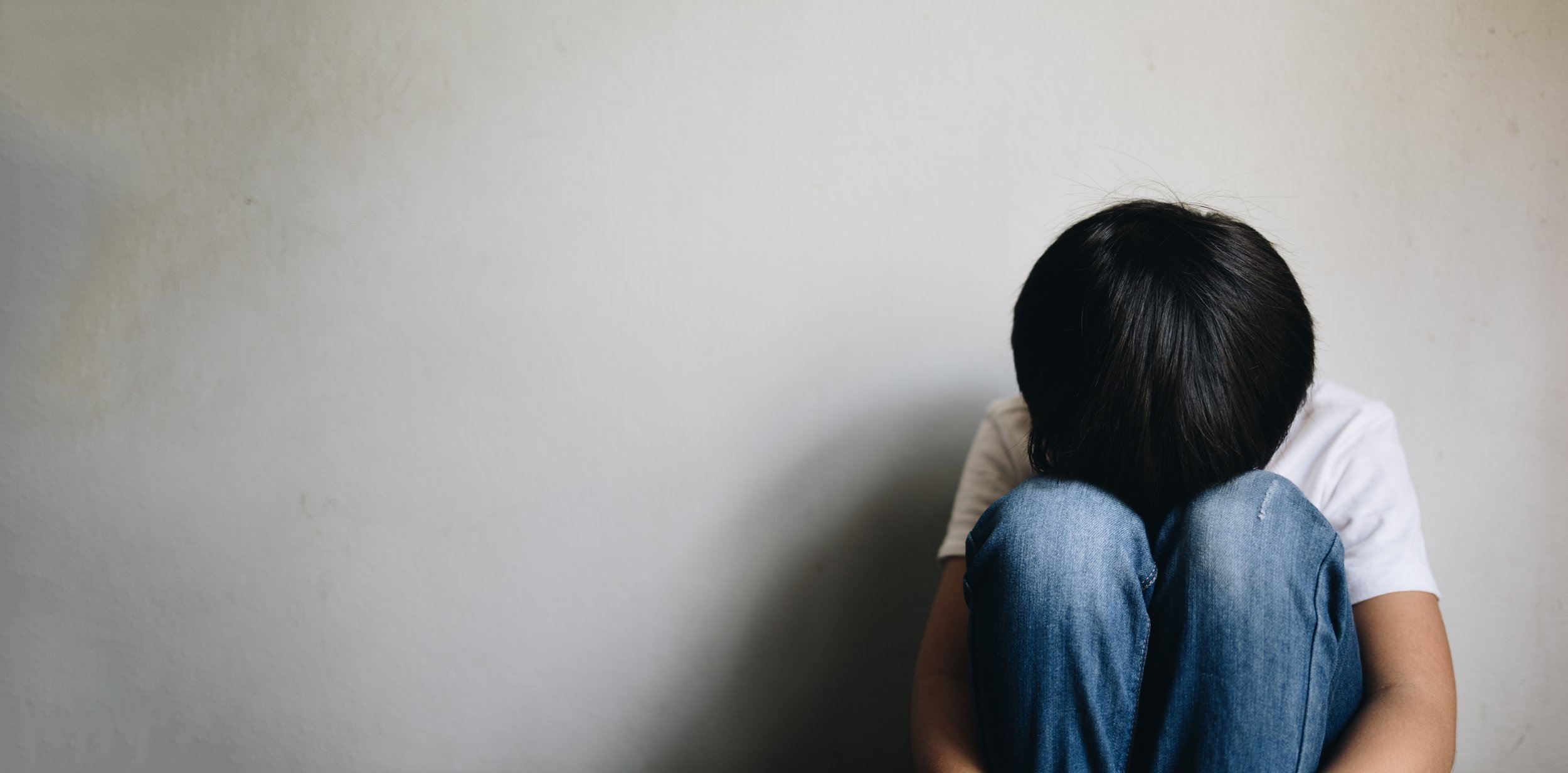
Books by PASG Members
Many PASG members are faculty members of universities in the United States and other countries. They have engaged in extensive clinical work and research regarding parental alienation. As a group, they have published hundreds of scholarly papers, book chapters, and books, some of which are listed here. The inclusion of any book on this website does not confer approval of the book or its author by the PASG Board of Directors.

Alienazione Parentale: Innovazioni Cliniche e Giuridiche
Giovanni Battista Camerini, Marco Pingitore, John Lopez | Italian, 2016
Parental alienation is one of the most debated issues in recent years in separation/divorce and child custody. This phenomenon is considered a relational problem that involves the entire triad of father-mother-child, all of whom, with their contribution, allows the establishment of a highly dysfunctional family process with a concrete risk for the involved child. The book highlights the contributions of various authors allowing for scientific and methodological comparison, even with different points of view. The experts offer practical insights on a theme that is still controversial in the courts of Italy. The authors highlight psychosocial solutions to be taken to counter parental alienation, which is now universally recognized, but still very difficult to curb because of the difficulty of implementing interventions.

Don’t Hug Your Mother
JP Byrne, Brendan Byrne | English, 2016
From their loving mother’s warm embrace to the stinging lash of their father’s leather belt, things changed rapidly for Brendan and JP when their parents separated. They were just eight and ten years of age at the time. Any hopes of their mother saving them from their torment were dashed when she was then torn from their lives. Don’t Hug Your Mother takes you on a dramatic journey through Brendan and JP’s difficult childhood as they recount episodes of their dark past in harrowing detail. It is a compelling, heart-breaking and ultimately uplifting true story of how two young boys grew up and learnt to confront evil and follow their hearts.

The Year of Loving
Traci Slatton | English, 2016
This novel involves parental alienation in its story line. Art gallerist Sarah Paige’s world is crumbling. One daughter barely speaks to her and the other is off the rails. Sarah is struggling to keep her gallery afloat in a tough market when she learns that her most beloved friend has cancer. In the midst of her second divorce, two men come into her life: an older man who offers companionship and stability and an exciting younger man whose life is as chaotic as hers. Sarah’s courage, humor, and spirit strengthen her, but how much can she bear, and what sustains her when all else falls away?

Parentalidad y Divorcio: (Des)encuentros en la Familia Latinoamericana
Nelson Zicavo Martínez | Spanish, 2016
This book is the result of joint work of a group of professionals, specialists in studying the family, who have been working tirelessly to try to unravel the progress, conflicts, and limitations of this topic of particular importance. It is within the family in which people develop and which also can limit and violate them, especially the most vulnerable, the children. The main mission of these pages is to address the problem of domestic violence and in particular the mistreatment suffered by those children (not addressed in the current scientific literature) that often get caught up in conflicts that do not belong to them, conflicts of parents who put aside consensus and aspire to win a battle of all will come out losers. Thanks to the active collaboration of tireless experts, this book can be accessed and downloaded for free. The chapter authors are from Argentina, Brazil, Chile, Costa Rica, Cuba, Mexico, and Paraguay.

For the Love of Eryk: Surviving Divorce, Parental Alienation and Life After
Rod McCall | English, 2016
In For the Love of Eryk, Rod McCall shares his personal experience with parental alienation, which was so severe, it led to the death of his son Eryk. The boy was killed by the hands of his own mother when she lost her parental rights as the courts finally saw through her alienating behaviors. Part One of the Book is Rod’s captivating and important story, showing how parental alienation can happen. Part Two of the book tells the stories of many others, specifically addressing what parental alienation is and how it can be stopped. Through interviewing many other parents, as well as professionals in family law, Rod’s book is a powerful resource which can raise awareness, educate, and be a catalyst for change.

Prescriptions Without Pills: For Relief from Depression, Anger, Anxiety, and More
Susan Heitler | English, 2016
Have you ever wanted relief from feeling discouraged? worried? irritated? locked in habits that ultimately harm you? Prescriptions Without Pills offers techniques for resolving the problems that have been provoking your uncomfortable emotions. This book guides you back to feeling good and then shows you how to sustain feelings of well-being. Avoid the risk of negative side effects like weight gain and mental dullness that can result from taking pills to reduce your negative emotions. Instead, implement these drug-free prescriptions. Use the prescriptions on your own or with help from a therapist. Illustrated with engaging stories from the many clients Dr. Heitler has worked with in her years as a psychologist and psychotherapy innovator, Prescriptions Without Pills aims to help you navigate the route back to well-being and learn skills that can help you to stay there.

Parents Acting Badly: How Institutions and Societies Promote the Alienation of Children from Their Loving Families
Jennifer J. Harman, Zeynep Biringen | English, 2015
In Parents Acting Badly, Drs. Jennifer Jill Harman and Zeynep Biringen provide a thorough analysis of how and why parental alienation can insidiously gain momentum over the years, and how parenting stereotypes, gender inequality, and social institutions (such as family courts) all sanction and even promote the problem. Parents Acting Badly represents a paradigm shift in thinking about parental alienation — from a private issue to a public concern. The authors suggest new approaches to addressing this controversial problem that encompasses individual change, as well as social and institutional reforms. The understanding and prevention of parental alienation can help families, societies, and institutions protect the best interests of the child.
